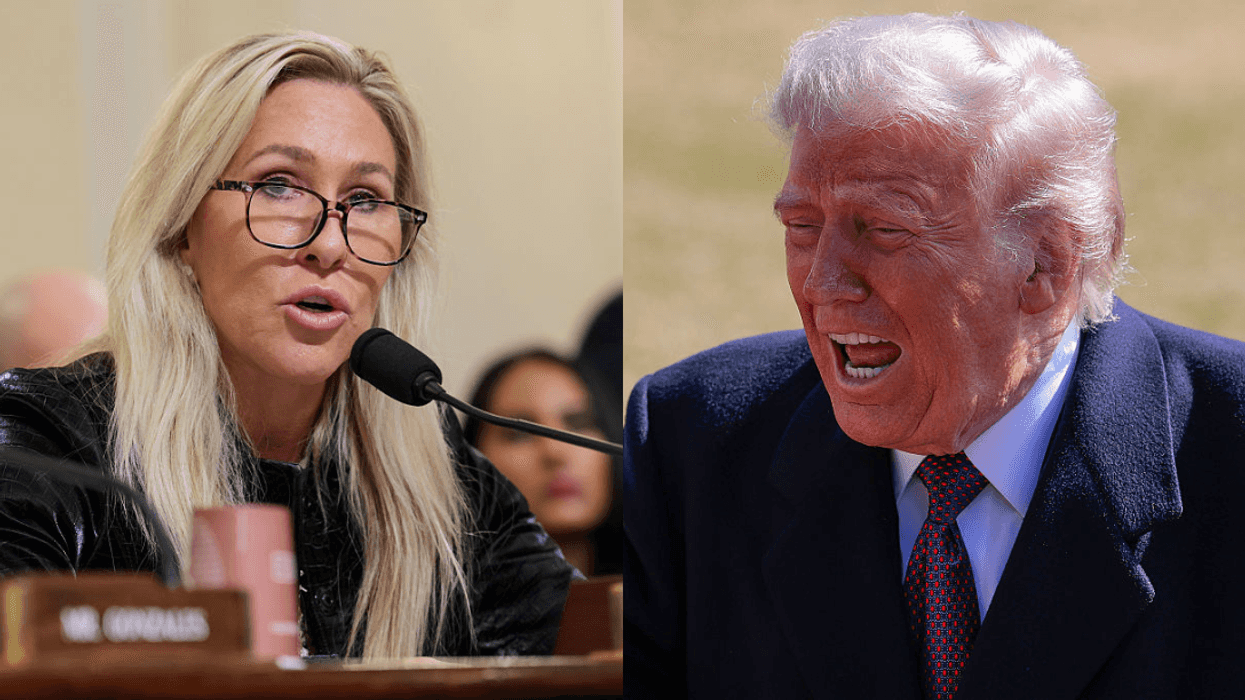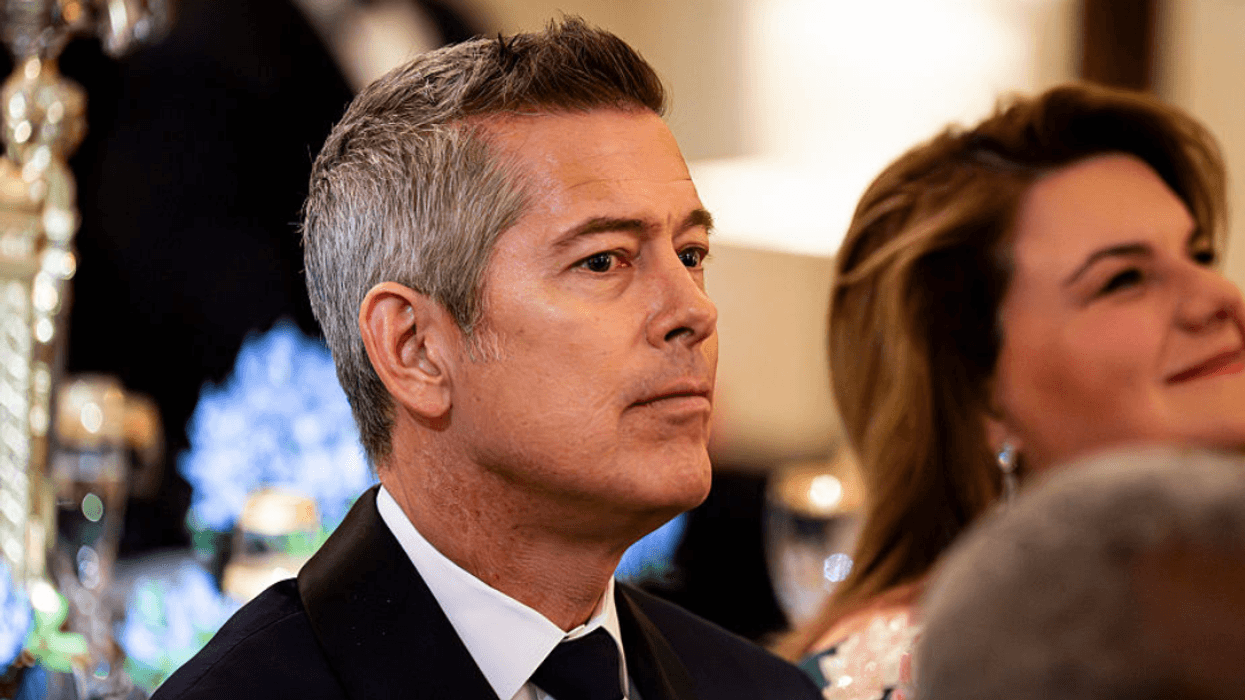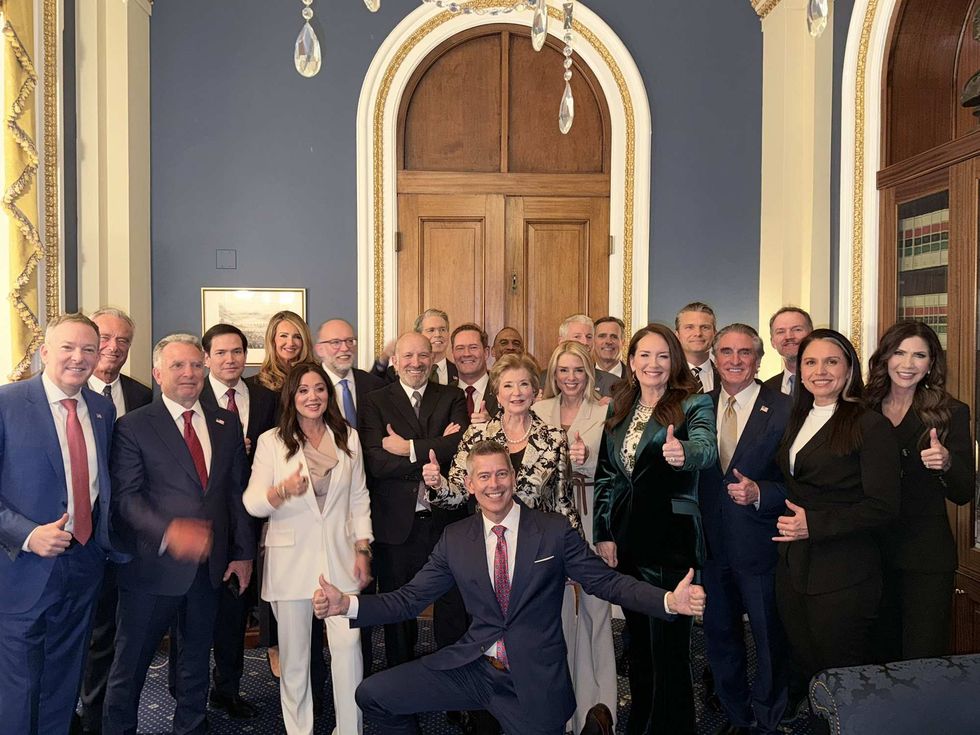A group of nine educators submitted a proposal to the Texas State Board of Education that would require public schools to describe slavery to second-graders as "involuntary relocation."
The proposed curriculum changes came just one year after Texas passed a law to eliminate topics in school if they pertain to race or sexuality or "make students feel discomfort."
The proposed draft standards were obtained by The Texas Tribune, which noted that they say students should "compare journeys to America, including voluntary Irish immigration and involuntary relocation of African people during colonial times.”
The news received pushback from advocates who say that children are old enough to grasp the concept of slavery. One of them is board member Aicha Davis, a Democrat who represents Dallas and Fort Worth. Davis brought her concerns to her fellow board members, arguing that referring to slavery as "involuntary relocation" is not a “fair representation” of the slave trade.
Referring to the state board, Davis said she "can’t say what their intention was, but that’s not going to be acceptable."
Slavery was in fact a brutal legal institution, comprising the enslavement of Blacks who were kidnapped from their homes and families and forced to reside in a foreign land where they served as the economic backbone of the American South.
The treatment of slaves in the United States varied widely depending on conditions, time, and place, but in general it was brutal, especially on plantations. Whippings and rape were routine. The asymmetrical power dynamics between enslaved Blacks and White slaveowners gave Whites both the de facto and de jure freedoms to bend their property to their will.
Many took to social media to criticize the Texas State Board of Education.
Last year, Texas approved House Bill 3979, the so-called “critical race theory law” that aims to limit how race-related subjects are taught in public schools.
False claims schools have been teaching critical race theory to young children have also inflamed hostilities among the right-wing, particularly since the publication of The 1619 Project, which repositions the consequences and legacy of slavery as elements vital to the historical narrative.
Critical race theory is a body of legal and academic scholarship that aims to examine how racism and disparate racial outcomes have shaped public policy via often implicit social and institutional dynamics.
Although critical race theory is just one branch of an incredibly varied arena of academic scholarship, it has nonetheless galvanized critics and threatened to obfuscate nationwide discussions about racial reconciliation, equity, and justice.














 Reset Era
Reset Era r/WorkReform/Reddit
r/WorkReform/Reddit r/WorkReform/Reddit
r/WorkReform/Reddit Reset Era
Reset Era Reset Era
Reset Era r/WorkReform/Reddit
r/WorkReform/Reddit Reset Era
Reset Era r/WorkReform/Reddit
r/WorkReform/Reddit Reset Era
Reset Era r/WorkReform/Reddit
r/WorkReform/Reddit Reset Era
Reset Era Reset Era
Reset Era r/WorkReform/Reddit
r/WorkReform/Reddit Reset Era
Reset Era r/WorkReform/Reddit
r/WorkReform/Reddit Reset Era
Reset Era r/WorkReform/Reddit
r/WorkReform/Reddit
 @SecDuffy/X
@SecDuffy/X

 @WhiteHouse/TikTok
@WhiteHouse/TikTok @WhiteHouse/TikTok
@WhiteHouse/TikTok @WhiteHouse/TikTok
@WhiteHouse/TikTok @kevdsmith/X
@kevdsmith/X